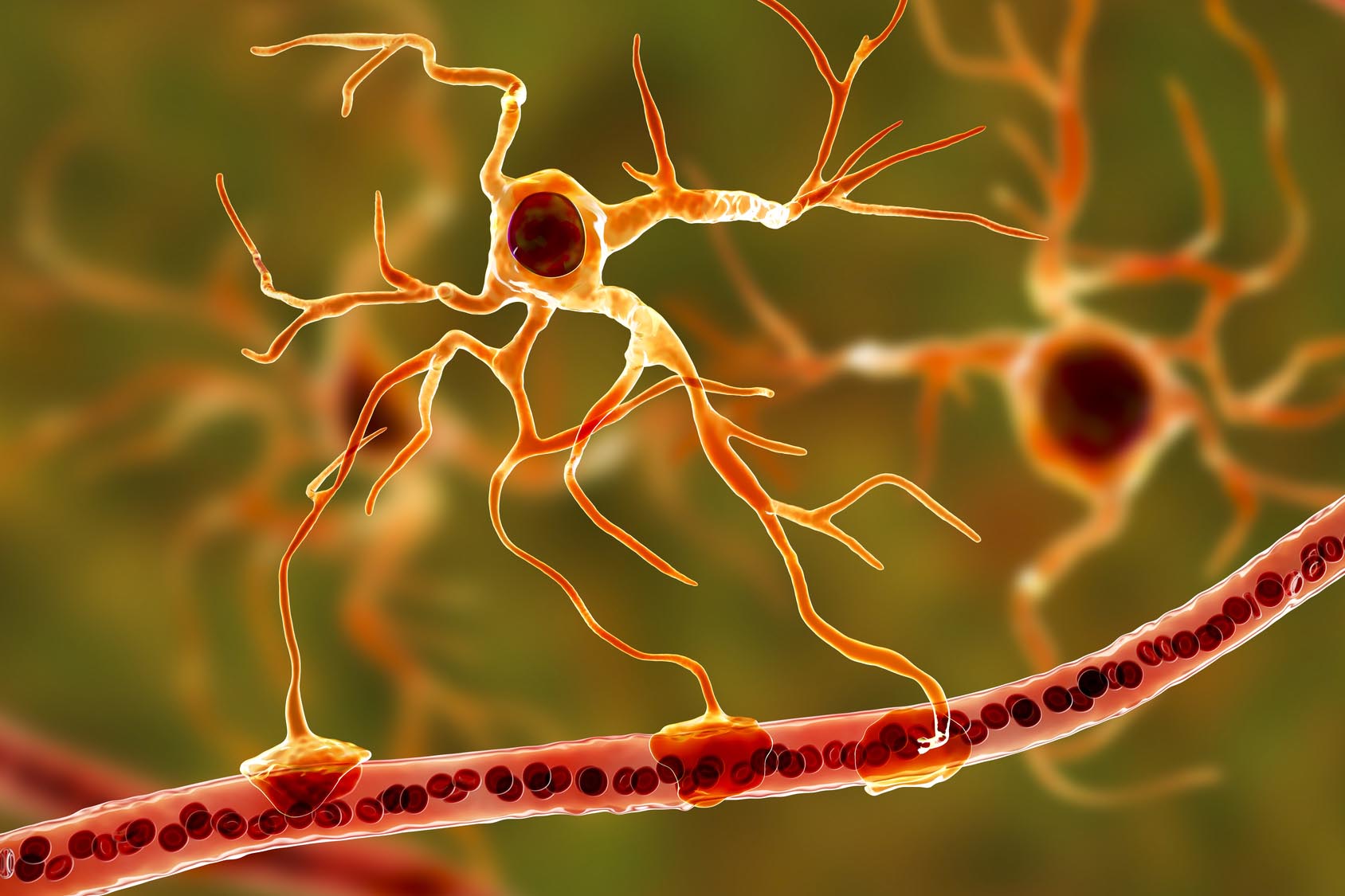• Microbiota differences
• Friends and foes
• Human study
What is already known on this topic
Amyotrophic lateral sclerosis (ALS) is a progressive neurological disease that affects nerve cells responsible for controlling voluntary muscle movements such as walking and chewing. The main risk factors for the development of ALS are genetic, but environmental factors, including the gut microbiota, are thought to play a role in disease progression.What this research adds
In a mouse model of ALS, researchers identified several gut microbes that are associated with increased disease severity. Other species such as Akkermansia muciniphila are instead reduced during disease progression. Increasing the levels of A. muciniphila improved symptoms and prolonged survival in the mouse model of ALS. In 37 people with ALS, the researchers also observed changes in the gut microbiota composition.Conclusions
Although more research is needed to confirm the preliminary findings in people, the study suggests a potential role of gut microbes in ALS that may help future efforts to identify new therapeutic targets.
The bacteria living in our gut may influence the progression of neurodegenerative diseases such as amyotrophic lateral sclerosis (ALS). The study, conducted mainly in mice and published in Nature, is the first known report of a functional link between the gut microbiota and ALS.
ALS is a group of progressive neurological diseases that affect nerve cells responsible for controlling voluntary muscle movements such as walking, talking, and chewing. The average survival rate is 3 to 5 years from diagnosis. The main risk factors for the development of ALS are genetic, but environmental factors, including the gut microbiota, are thought to contribute to disease progression.
To explore the role of gut bacteria in ALS, a team of researchers led by Eran Blacher, Stavros Bashiardes, Hagit Shapiro, and Daphna Rothschild at the Weizmann Institute of Science used antibiotics to deplete the gut microbiota of a mice model of human ALS.
Microbiota differences
Mice that were treated with antibiotics showed worse motor abnormalities throughout ALS progression than their non-treated counterparts.
To identify bacterial strains that could modulate ALS course, the researchers analyzed the bacteria present in the stool of treated and untreated mice and found early and significant differences in gut microbiota composition, which persisted during disease progression.
Friends and foes
Next, the team set out to determine whether the changes in microbiota composition associated with ALS contributed to disease. They tested 11 strains, including Parabacteroides distasonis, Ruminococcus torques, and Akkermansia muciniphila, which were all correlated with ALS severity. Although none of the 11 bacterial strains affected motor abilities in healthy mice, Parabacteroides distasonis and Ruminococcus torques exacerbated disease progression in antibiotic-treated mouse models of ALS.
In contrast, the abundance of Akkermansia muciniphila gradually decreased as disease progressed in the mouse model of ALS. Increasing the levels of A. muciniphila in the mouse model of ALS eased disease symptoms and prolonged survival. What’s more, those mice had higher levels of the bacterial metabolite nicotinamide than healthy mice that were given A. muciniphila, which suggests that the nicotinamide produced by this bacterium could be beneficial.
Indeed, the team found several genes that had their expression altered by A. muciniphila or nicotinamide.
Human study
In a small-scale study in people (37 individuals with ALS and 29 healthy individuals), the researchers also observed changes in the gut microbiota composition and reduced levels of nicotinamide.
Although more research is needed to confirm the preliminary findings in people, the study suggests a potential role of gut microbes in ALS that may help future efforts to identify environmental and microbial therapeutic targets.











